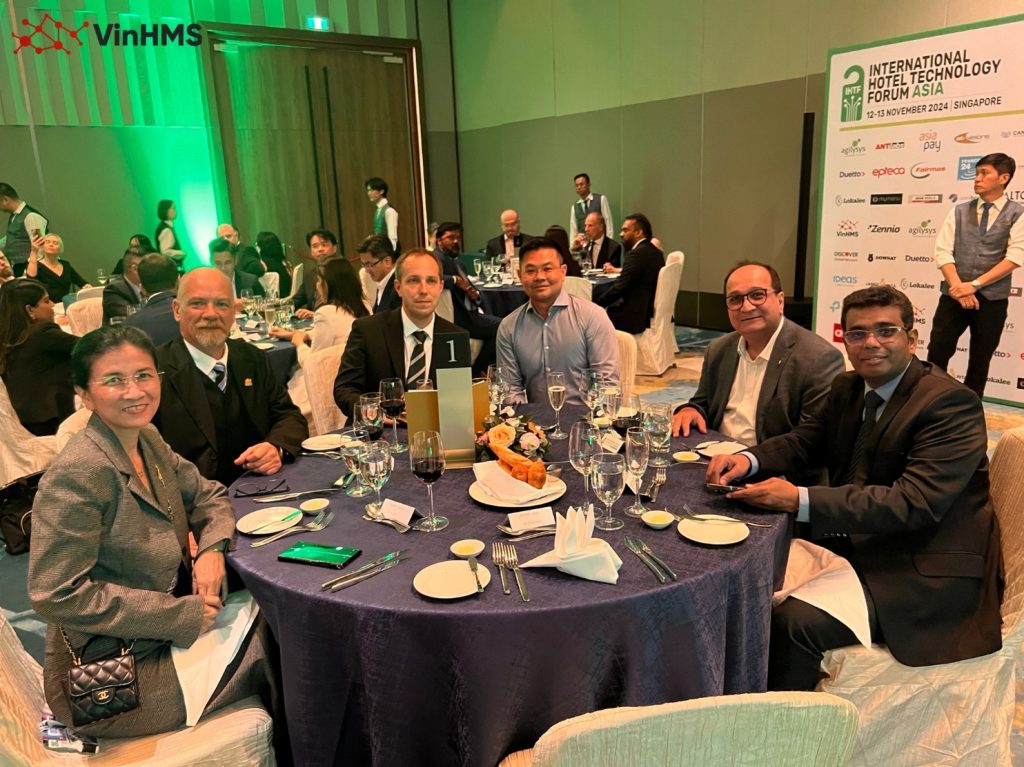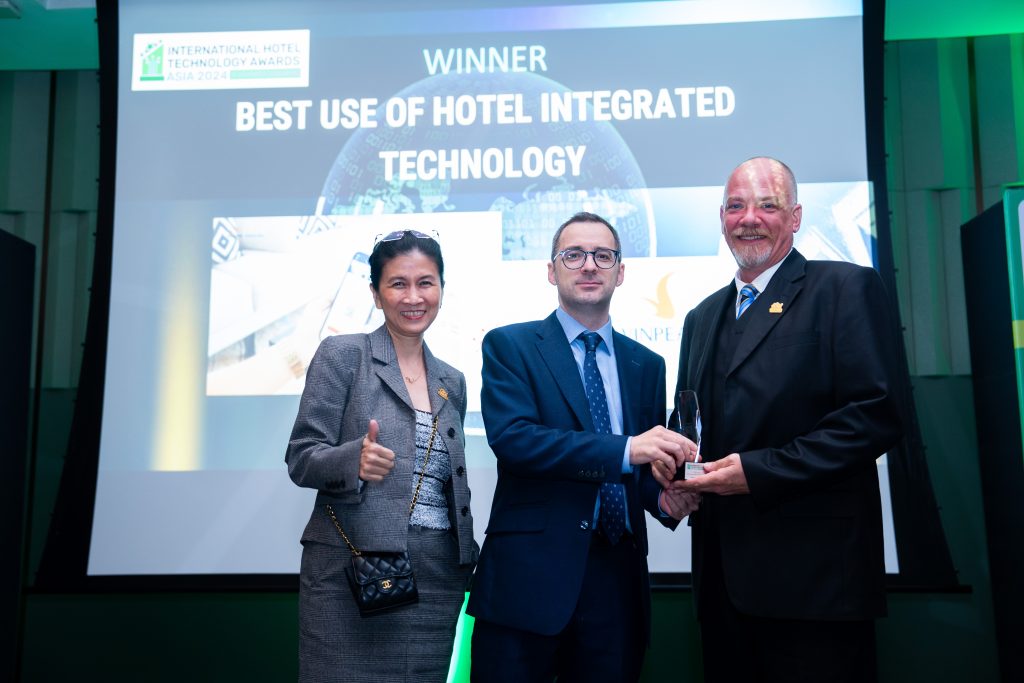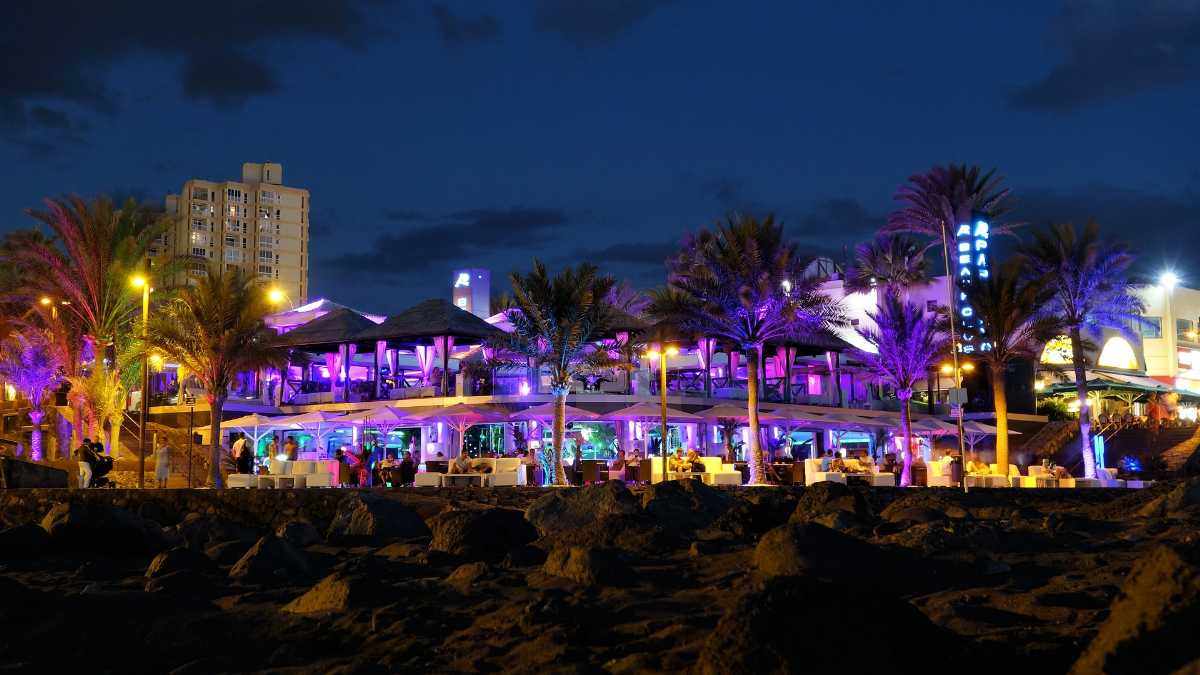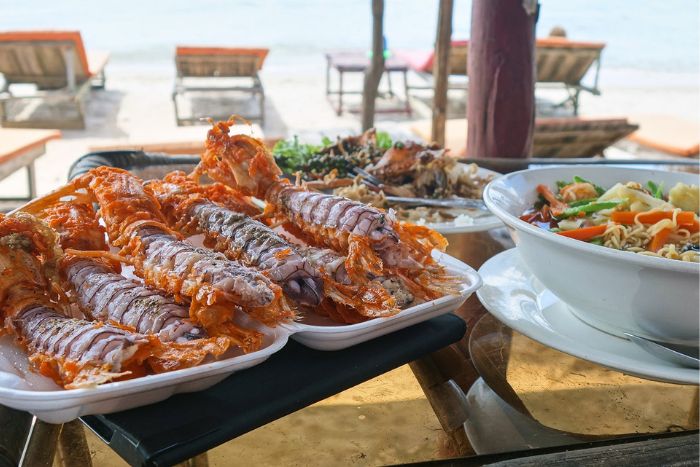The vaccine passport concept has gained popularity in the new normal, and become essential for any traveler in order to enter a foreign country without following through with the mandatory quarantine procedure. Ever since its first introduction, the vaccine passport has brought new light and hope to tourism and hospitality in particular, and the economics worldwide in general. In Vietnam, we have implemented the vaccine passport very early on, as the government’s efforts in reopening the border, retrieving the economy post-pandemic.
What is a vaccine passport?
A vaccine passport is a vaccination certification also known as an immunity passport for those who have had at least 2 doses of COVID-19 vaccines (according to the International health regulation on Prevention and Control of Infectious Diseases). It is a special pass that determines a healthy individual who does not contain any contagious disease and owns a privilege to obtain a travel visa entrance to a foreign country.
Vaccine passports can be issued in paper form, card, or digitally through an app. In order to get a vaccine passport, a resident has to comply with the followings:
- Fully vaccinated with COVID-19 vaccines
- Negative with SARS-CoV-2 virus certified by an authorized health organization with a laboratory test of RT-PCR/RT-LAMP within 72 hrs before or a COVID-19 antigen rapid test 24 hrs prior to the departure time.

Vaccine passports have been introduced in recent times and receive major concern regarding whether or not it’s the ideal solution.
The benefits of vaccine passports
As stated by the ICAO’s report, the number of international passengers has decreased by 60% in 2020 compared to 2019. Many air flights have suffered through this sudden drop.
According to the UNWTO Travel restrictions report, 46 destinations (accountable for over 21% of destinations worldwide) had to close their borders and stop welcoming passengers. Which, 26 destinations have not reopened their border yet ever since the end of April 2020. 55 destinations (approximately 25% of the total destinations worldwide) have been extremely selective in opening the border up for tourism. 112 destinations (accountable for 52% of the world’s destinations) request PCR testing and COVID-19 antigen rapid test results upon entrance.
In order to recover the domestic and international economy, apart from being in control of the current epidemic situation, applying vaccine passport brings the great benefits:
- Accelerate the downturn of the economical industries post-pandemic. Establishing the travel and economic business exchange activities in the new normal.
- Relaxing strict social distancing policies, resuming public services, manufacturing, and businesses.
- Achieving herd immunity allows nations to lift all public restrictions on public gatherings, and activities.
- Saving time, crazy expenses, and labor in mandatory quarantine procedures upon immigration entrance.

Vaccine passport speeds up the immigration process and cut down the financial burden on the nation.
The disadvantages of vaccine passports
COVID-19 vaccines have been speedily administered to billions of people worldwide, the government has carefully considered acknowledging immunization certification as the key to opening their borders and resuming economic activities, relaxing the strict social curbs. The argument for implementing such has raised massive attention due to the following concerns:
Personal privacy is the trade-off?
Vaccine passports sparked the debates on being immunization proof for international travel. While digital health certificates safeguard the reopening and fast-track economic growth, valid concerns on protecting the privacy of personal health from private institutes and organizations who have been trying to process and collect these data for their own misused purposes. Upon the possible security breaches, the implementation of vaccine passports should ensure a protection measure has been kept in place.
Balancing the economic growth and COVID-19 control
Governments worldwide are in a dire dilemma of consciously protecting their citizens’ health status while struggling to salvage their economy. After countless social distancing and hard lockdown strategies, to pick up the downslope economy, the COVID-19 vaccines campaign seems to be the only way out to many countries. Nonetheless, this does not guarantee COVID-19 is controlled. The recent wake of the COVID-19 outbreak in China is putting a number of their cities completely shut down, closing all borders trying to contain and wrap up this crisis. The negative impacts of this COVID-19 wave on the China economy resulted in great disruption.
The modern form of discriminatory
Socially speaking, the vaccination certification helps to accelerate the economical aspects such as retail, hotels, tourism, manufacturing, etc. However, it somewhat unintentionally creates a two-tier society based on individual health choices. A vaccine passport is subject to indirect discrimination, granting the liberty of travel and public availability to the one who is certified. Governments in developing countries have been racing against vaccine coverages, trying to minimize this invisible discrimination. Meanwhile, in underdeveloped countries where the vaccines supply is moderate, this unspoken discrimination might last for some time.
The current COVID-19 vaccines supply has been a burden, resulting in the uneven distribution of COVID-19 vaccines around the world. High GDP countries are having the “priority” to get vaccinated compared to others, granting their citizens the freedom of travel and access to public facilities promptly, making the discrimination prominently clear. Although it’s a temporary matter, this issue has become a political issue in the US, receiving backlash from the medically vulnerable group of people.
Vaccination Passport Expiration Date barriers
Apart from being discriminating, the expiration date of vaccination certification has been announced while the world is still deep in the argument about the 3rd booster dose. It created an invisible barrier for not only the international travelers but also imports & exports, airplanes, shipping, etc. industry as well.

Indirect discrimination is triggered upon vaccine passport implementation.
Tourists have to pay expensive fees to complete laboratory lab tests if the regulation on 270 days till the expiration of the vaccine certificate is passed despite which type of vaccines they took.
Tourists have to pay upfront multiple laboratory lab test fees to get their vaccine passport renewal once the regulation on 270 days expiration of vaccine passports is passed despite whichever vaccines you took. After the 2nd dose of COVID-19 vaccines or COVID-19 Recovery certificate, tourists are allowed to enter those countries’ accepted vaccine passports program with a negative result of COVID-19 testing, 72hrs before entry for PCR testing, and 48hrs prior to with COVID-19 antigen rapid test.
Ms. Jenny Southan – the Founder and CEO of Globetrender – a forecasting travel trends company said: “Vaccination expiration date has negatively affected the tourists’ mental state. While the economy is experiencing a downturn, this definitely is not a smart move”. She strongly stated the more tricky and complicated traveling documents get, the slower the tourism and hospitality recovery in the year 2022.
Vaccine passports in Vietnam
In Vietnam, a vaccine passport is only accepted for those who are vaccinated with approved doses by WHO (World Health Organization), the FDA ( the United States Food and Drug Administration), the EMA (European Medicines Agency), and the Vietnam Minister of Health emergency approval guidance – said Ms. Le Thi Thu Hang – the spokeswoman for the Ministry of Foreign Affairs in a press conference on October 10th, 2021.
Ms. Hang believed vaccine passports are a feasible strategy to actively restart the national economy. The Ministry of Foreign Affairs had collaborated with the Ministry of Health to publish temporary guidelines and instructions to approve vaccination certification and COVID-19 recovery certification for foreigners, and announce these approval forms to 44 nations and territories.

Vietnam vaccine passport is accepted in 19 countries around the globe.
The Ministry of Health had issued an official form and procedure for issuing the vaccine passport, effective on December 20th, 2021. Vaccine passport certification shall be encoded into QRcode, which will expire within 12 months after the initially created day. The government had approved piloting international tourists using a vaccine passport to enter Phu Quoc and Kien Giang Province at the very beginning of this program, then expanded to the rest of the nation later on. Vietnam’s vaccine passport has been approved in 19 countries across the globe including Australia, Belarus, Cambodia, Egypt, India, Japan, Maldives, New Zealand, Palestine, the Philippines, Saint Lucia, Singapore, South Korea, Sri Lanka, Turkey, the United Kingdom., USA, Iran, and Malaysia. Vietnam also loosened their entrance COVID-19 testing requirement by accepting vaccine passports with a PCR negative 72hrs before the departure time or a 24hrs negative result of COVID-19 antigen rapid test.
Travel post-pandemic comes with both opportunities and challenges for all businesses. In the competition for a market share of international tourism during the “living safely with COVID-19”, you’ll miss your chance of being one step behind the others. The vaccine coverage has rapidly escalated over the last quarter, Vietnam has officially opened its international tourism as of March 15th, just in time for the neighboring countries to reopen their tourism again. The opportunity cost of hesitating at this phase is way above our head, narrowing the economic growth in the long run.
The acceptance of vaccine passports globally has opened up a new era post-pandemic. This encourages travelers to favor the contactless trend, Staycation trend, wellness travel trends to the nature-oriented areas/countries, etc. Hoteliers have to continuously keep up to date to stay afloat, ready to transform and adapt to the new normal. CiHMS – the ultimate hospitality management solution for your hotel will help you “stay in the game” – ready to rock the upcoming travel season.
Learn More




























 Beyond the citadel, the
Beyond the citadel, the 

 The culinary scene in Hue is as bold as its history, with dishes that reflect the city’s cultural influences. We found ourselves savoring
The culinary scene in Hue is as bold as its history, with dishes that reflect the city’s cultural influences. We found ourselves savoring 













